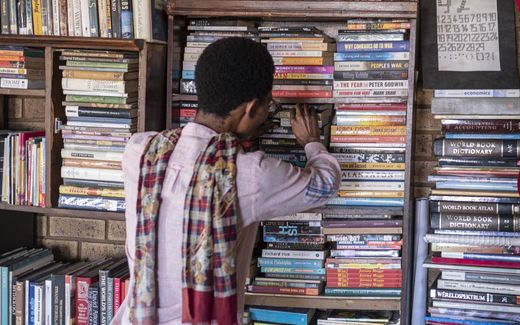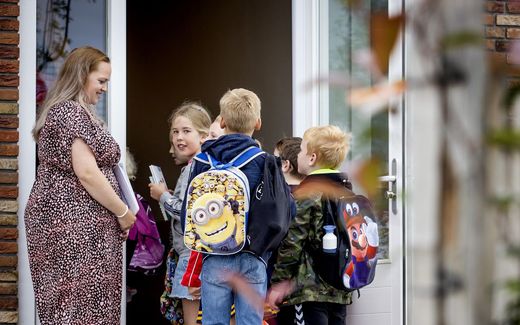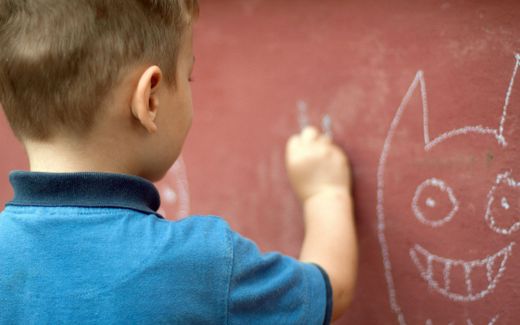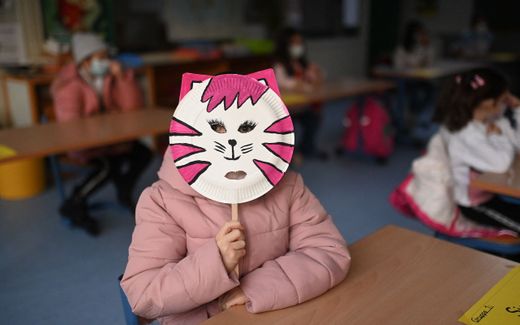Why memorising the Scriptures matters to children
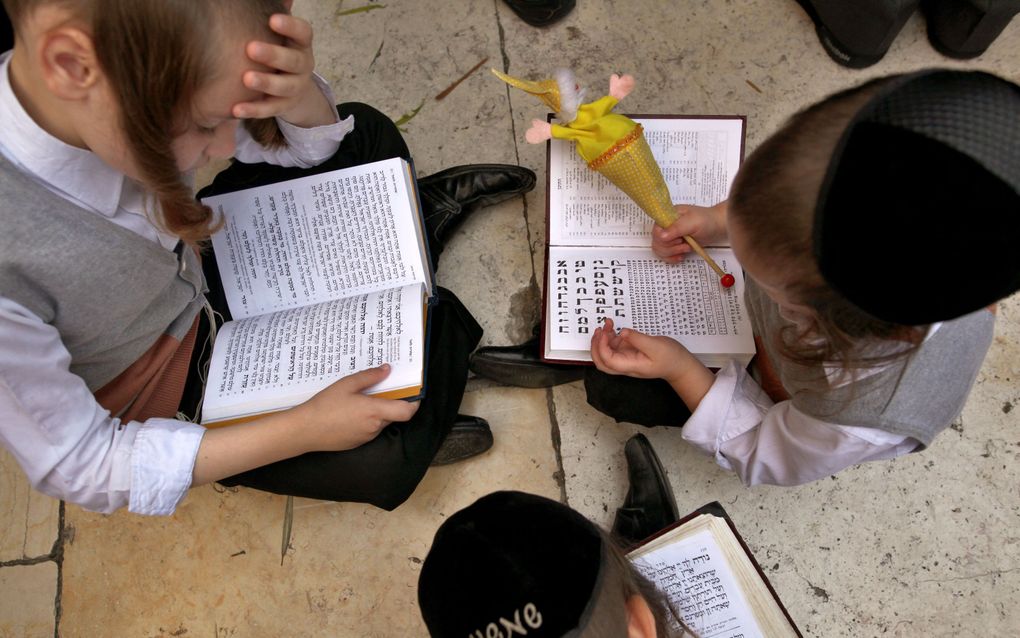
Jewish boys with a religious book. Photo AFP, Gil Cohen Magen
Opinion
Schindler’s List, one of the greatest movies, starts with a scene of a Jewish family reciting a prayer together. In all honesty, I think I’ve seen the movie at least seven times, and every time, the scene with the Jewish family reciting the prayer struck me deeply.
Stay up to date with Christian news in Europe? Sign up for CNE's newsletter.
At first glance, it does not seem to add value to the movie. But I think the scene speaks volumes about Jewish culture. Children, from a young age, are taught to recite different prayers and parts of the Torah by heart. Rote memorisation through recitation and repetition is part of the curriculum for many Jewish children.
For centuries, memorising the Scriptures was an essential practice also for Christians and their children, and justifiable so. The Scriptures were scarce. Believers needed to do it to retain the content of the Bible.
Today, the Bible is widely available. However, according to many recent studies, Christians barely read it any more. Memorisation seems to have become a lost art in our modern world, despite its numerous benefits.
Modern pedagogy
Based on my personal experience within the Romanian educational system, I have observed that top students typically excel at acquiring and retaining information. They often memorise lengthy poems for national celebrations and special events, and frequently compete in contests related to maths, biology, and history.
History, in particular, is a subject in which memorisation plays an important role. It is rich in facts and understanding, but it does not inherently follow a logical progression. As such, students are required to rely on rote memorisation to grasp its content.
This perspective, while authentic, contrasts significantly with modern pedagogy, which tends to downplay the role of rote memorisation. Instead, the emphasis is placed on fostering critical thinking and problem-solving abilities through student-centred, interactive, and constructivist learning methods.
In modern pedagogy courses, the focus is on interactive learning methods. Traditional activities such as extensive reading, writing, and rote memorisation are considered secondary because they can be dull. Modern pedagogy emphasises hands-on experiences that cater to the individual needs of students. Consequently, rote memorisation is regarded as an outdated approach for developing students’ skills.
Traditional pedagogy
Traditional pedagogy historically emphasised direct instruction and knowledge transmission, utilising methods such as rote learning. This approach typically involved lectures and standardised testing. While this method facilitated the retention of essential information, it often did so at the expense of promoting more profound understanding and critical thinking skills.
Although traditional pedagogy was not entirely dismissive of interactive learning, it primarily focused on the curriculum, which was the essence. Students had to memorise the material, regardless of their level of comprehension. Additionally, traditional pedagogy usually employed a teacher-centred approach, which sometimes overlooked the diverse skills and learning styles of individual students.
Triviality
I am convinced that a child’s mind functions like a muscle: the more it is exercised, the stronger it becomes. While the prospect of memorising a lengthy poem or one of Shakespeare’s plays may seem a mere triviality, there lies an invaluable wisdom in the ability to recite such verses by heart. This art sharpens memory skills and deepens one’s connection to language, rhythm, and meaning.
Memorisation plays a significant role in a child’s neurological development, as several academic studies have shown. Torkel Klingberg, MD, PhD, Professor of Cognitive Neuroscience at the Karolinska Institute in Stockholm, Sweden, in his book, The Learning Brain: Memory and Brain Development in Children, showed that, overall, children with high working memory have better maths and reading skills, while children with poor working memory consistently underperform.
From what I gather, the current European educational systems, including the Romanian educational system, tend to shy away from extensive reading, writing, and memorisation. The focus is always on creating an interactive class experience, rather than merely adhering to the basic curriculum.
As a side note, it should come as no surprise that the PISA results (Programme for International Student Assessment) have declined since the 2000s and are expected to continue doing so.
Ultimately, rote memorisation can provide considerable benefits for a child’s development.
However, even in our smartphone-driven world, there are still children reading for pleasure and memorising verses from a poem by heart. This is particularly relevant when we consider the importance of memorising Scripture. Verses from the epistles and Psalms highlight that such memorisation is beneficial for teaching, correction, and training in righteousness, as stated in 2 Timothy 3:16 (MEV). This underscores the value of rote memorisation for Christian children.
Synthesis
Although I have my own concerns regarding modern pedagogy, I do not despise it. Modern pedagogy rightly emphasises the necessity of fostering critical thinking and the benefits of interactive learning. At the same time, traditional pedagogy emphasises the value of extensive reading, writing, and rote memorisation, reinforcing the notion that learning requires significant effort.
Ultimately, rote memorisation can provide considerable benefits for a child’s development. As showcased through historical practices in both Jewish and Christian traditions, memorisation was a key element. Thus, encouraging children to engage with texts —whether prayers, Psalms, or Scriptures— will contribute positively to their intellectual growth and personal development.
Related Articles


